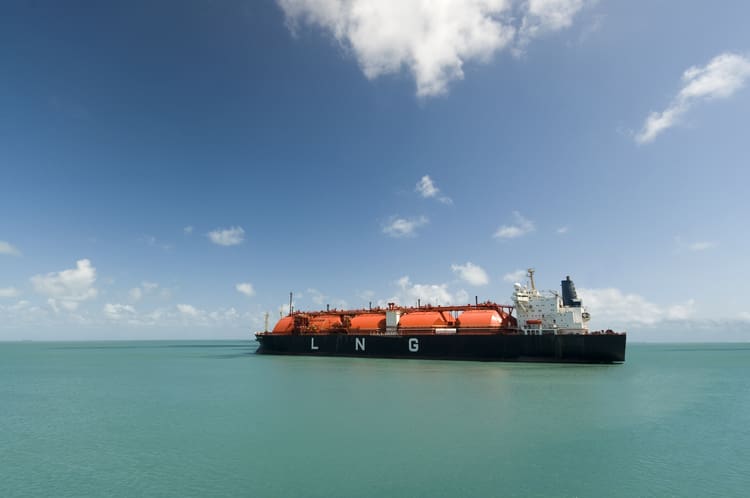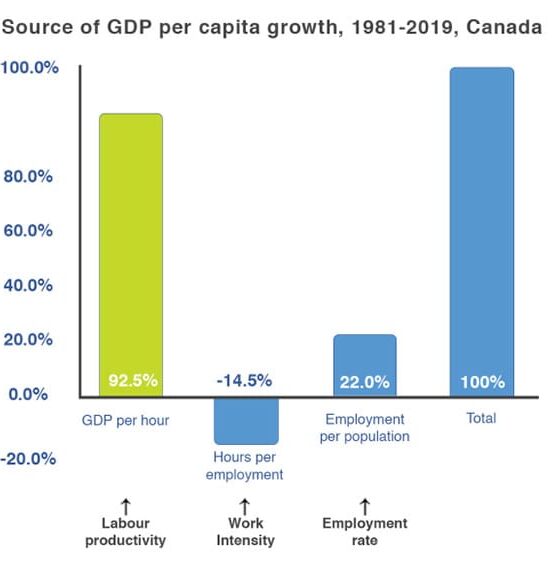By André Powell
The threat of war in Ukraine has led to fears of gas shortages in Europe lest Russia limits its supply of natural gas to the continent. Russia supplies 40 percent of Europe’s gas, a third of which flows through pipelines in Ukraine. The U.S. has stepped in to broker a deal with major gas producing countries to send liquefied natural gas (“LNG”) by tanker to Europe. Perhaps it’s time Europe diversified its sources of gas to include other democracies that won’t threaten to cut it off… like Canada?
Developing LNG export capacity will allow Canada to support our allies in NATO and in other parts of the world, while also stabilizing global gas markets. The fact is we are facing global energy shortages. Gas prices in Europe are at record highs, resulting in factory shutdowns and supply chain disruptions. Meanwhile, Asia’s energy demand is projected to double between now and 2050, even while its own energy production is projected to decline. If Asia can’t meet its energy needs, that pressure will undoubtedly spill over into Europe and the rest of the world. A flourishing Canadian LNG industry could help alleviate regional and global gas shortages while also contributing to global geopolitical stability.
Currently, Canada is the world’s fifth largest producer of natural gas with an estimated 1,382 trillion cubic feet of natural gas resources, enough to fuel our domestic needs for more than 200 years. We are also the world’s fourth largest exporter of natural gas, yet the majority of our exports go to the U.S. via a network of pipelines. Shipping natural gas to Europe and other overseas markets would require developing LNG processing facilities, as well as gas extraction and pipeline infrastructure. In Canada, we currently have no large-scale operational LNG processing facilities, with only one under construction in British Columbia.
Developing a robust LNG export market could also bring tremendous economic benefits to Canada. A Conference Board of Canada study found that an LNG export industry equivalent to 30 million tonnes per annum (mtpa) in British Columbia could add roughly $7.4 billion to Canada’s annual economy over the next 30 years, and raise national employment by an annual average of 65,000 jobs. Creating an LNG export industry also means more tax revenue in public coffers, allowing governments to deliver improved healthcare, education, infrastructure and other social services to Canadians.
Canada has also made great strides in reducing the carbon footprint of our own natural gas industry. Today, Canada’s natural gas producers have some of the strongest environmental standards and the most advanced low emissions technology in the world. Canada’s cooler temperature means it takes less energy to turn natural gas into LNG. Plus, Canada’s West Coast, relatively close to where most of our natural gas resources are located, is closer to Asian markets than competitors like the U.S. and the Middle East, meaning less transit time and fewer emissions associated with transportation.
Ongoing global energy shortages and insecurity presents not only an economic opportunity for Canada, but an opportunity for our country to assist friends and allies around the world by providing a new and more secure supply of cleaner energy.
André Powell is a Managing Partner and Co-Founder of Deetken Insight, a boutique management consulting firm headquartered in Vancouver, BC. André has been providing financial and economic analysis and negotiation support to Canada’s energy sector for more than a decade, including supporting governments regarding the development of natural gas resources and LNG industries. To contact André, connect with him on LinkedIn



